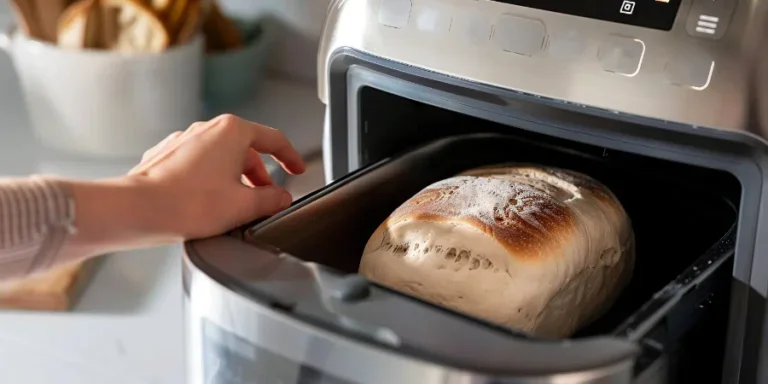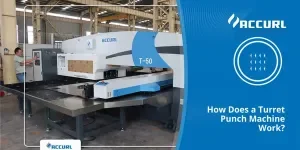In 2025, the demand for homemade and artisan bread has surged, driving the sourdough bread maker market to new heights. This article provides an in-depth analysis of the market, highlighting key factors like performance, build quality, ease of use, and technological features. It aims to assist professional buyers in making informed decisions that will enhance their business operations and product offerings.
Table of Contents:
-Market Overview of Sourdough Bread Makers
-Detailed Analysis of the Sourdough Bread Maker Market
-Innovations and Consumer Preferences
-Key Factors When Selecting a Sourdough Bread Maker
-Efficiency and Energy Consumption
-Safety Standards and Certifications
-Packaging and Delivery
-Final Thoughts
Market Overview of Sourdough Bread Makers
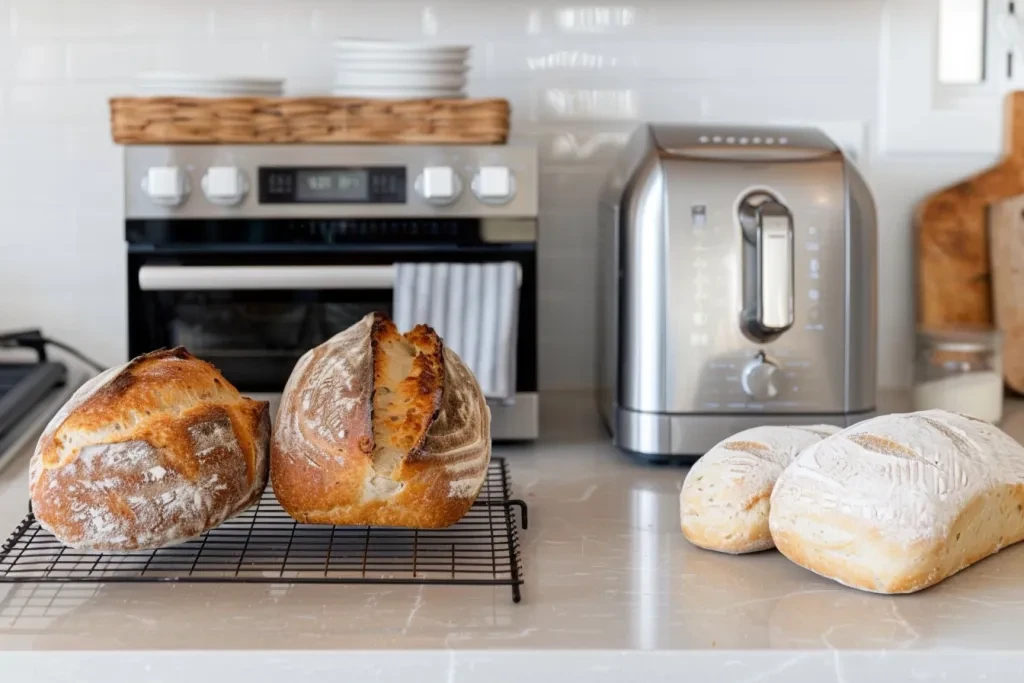
The sourdough bread maker market is experiencing notable growth, driven by a rising consumer preference for homemade and artisan bread. Recent reports indicate that the global bread maker market will grow from USD 664.67 million in 2024 to USD 1.02 billion by 2030, at a compound annual growth rate (CAGR) of 7.4%. This growth is largely due to increased health consciousness and the trend of home cooking, especially in urban areas where busy lifestyles demand convenient cooking solutions.
The market is segmented by product types, such as automatic and regular bread makers, and by distribution channels, including online and offline sales. In 2024, the combined market value for these segments was estimated at USD 591.9 million, with a projected growth rate of 6.21% from 2023 to 2032. Automatic bread makers, featuring programmable settings and ingredient dispensers, are particularly popular due to their ease of use and time-saving benefits.
Geographically, North America and Europe dominate the market, with significant contributions from the Asia-Pacific region. In North America, the market reached around USD 5.72 billion in 2024, growing at a CAGR of 15.97% through 2029. China stands out with the highest revenue projection of USD 13.73 billion in 2024, driven by the increasing adoption of smart appliances and rising disposable income levels.
Detailed Analysis of the Sourdough Bread Maker Market
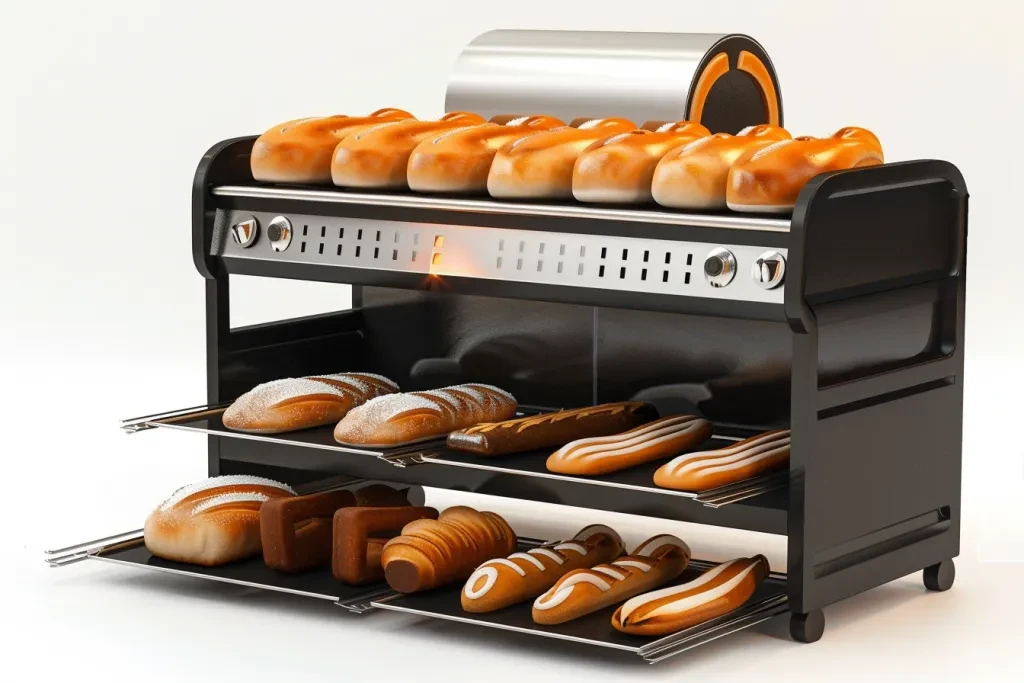
The sourdough bread maker market is driven by product innovation, market share dynamics, and shifts in consumer behavior. Manufacturers are enhancing their products with features like AI integration, smart connectivity, and multi-functional capabilities. For example, Wi-Fi and mobile app controls in bread makers allow for remote operation and monitoring, significantly enhancing user convenience.
Market share dynamics show a competitive landscape with major players like Breville Group Ltd., Panasonic Holdings Corp., and Zojirushi Corp. These companies are expanding their product portfolios and leveraging online sales channels to reach a broader customer base. The online distribution channel has seen significant growth, driven by the rise of e-commerce and increased internet penetration. In 2024, online sales significantly contributed to market growth, reflecting a shift in consumer purchasing behavior towards digital platforms.
Economic factors such as rising disposable incomes and urbanization have also contributed to market expansion. The increase in dual-income households has led to a higher demand for convenient kitchen appliances like bread makers. Additionally, the trend towards healthier eating has spurred the adoption of bread makers capable of producing preservative-free and gluten-free bread. This shift is supported by growing awareness of the benefits of home-baked goods, which offer greater control over ingredients and freshness.
Innovations and Consumer Preferences
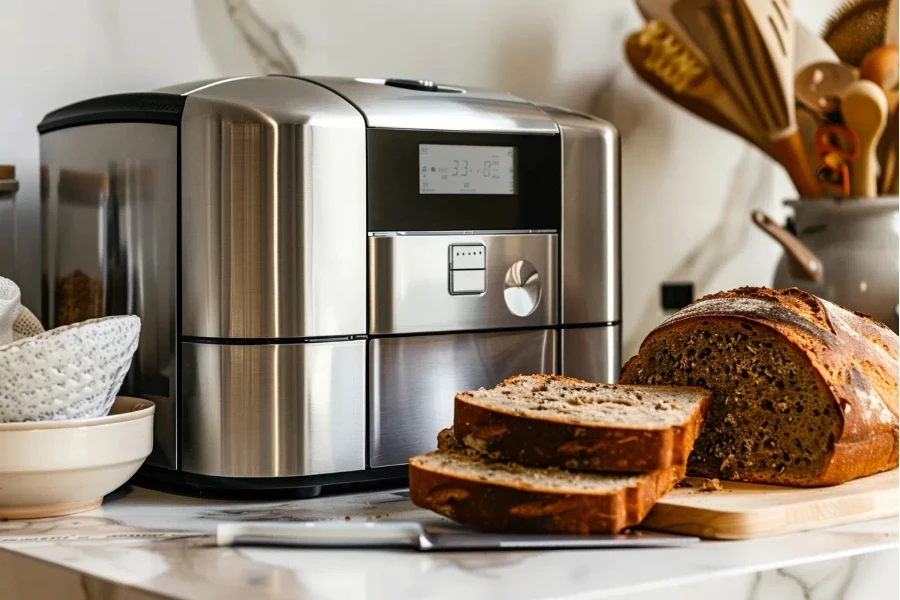
Recent innovations in the sourdough bread maker market have focused on enhancing user experience through advanced technology and design improvements. AI technology allows bread makers to adjust baking parameters automatically based on the type of bread, ensuring consistent quality and texture. Compact and space-saving designs cater to urban consumers with limited kitchen space.
Consumer behavior has evolved, with a noticeable shift towards premium and multi-functional bread makers. High-end models offer features such as crust control, fruit and nut dispensers, and multiple bread type settings, catering to diverse dietary preferences. Health-conscious consumers, in particular, prioritize homemade bread for its nutritional benefits.
The rise of DIY and home-baking movements has also bolstered the market for sourdough bread makers. Consumers are increasingly experimenting with different recipes and ingredients, enjoying the satisfaction of creating artisan-quality bread at home. This trend is supported by online communities and platforms that share bread-making tips, recipes, and experiences, fostering a collaborative environment for enthusiasts.
Key Factors When Selecting a Sourdough Bread Maker
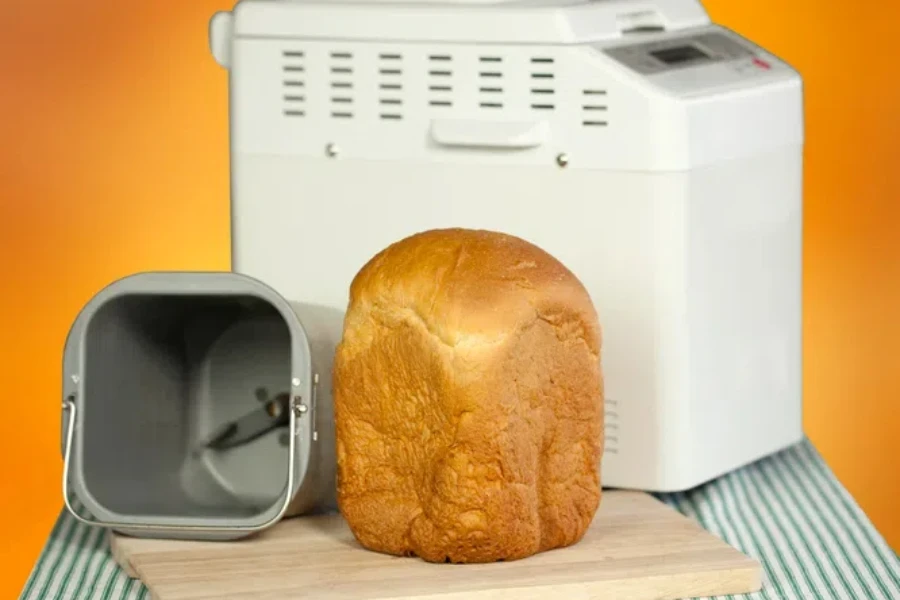
Choosing the right sourdough bread maker for your business involves several critical considerations. These factors ensure that the equipment meets your operational needs, budget, and quality standards. Below, we delve into the essential elements to consider when selecting a sourdough bread maker.
Performance and Functionality
The performance of a sourdough bread maker is paramount, especially in commercial settings where consistency and efficiency are critical. These machines should handle large batches of dough while ensuring uniform mixing and proofing. High-performance models often come with multiple speed settings and programmable features for precise control over the dough-making process. For instance, commercial mixers with planetary action can ensure thorough mixing, crucial for achieving the ideal texture in sourdough bread.
Additionally, the functionality of the bread maker includes the ability to handle different types of dough, from high-hydration sourdough to denser varieties. Features like automatic timers, temperature control, and humidity regulation help maintain dough consistency, essential for producing high-quality sourdough bread.
Build Quality and Durability
The build quality of a sourdough bread maker directly impacts its longevity and reliability. Machines constructed from high-grade stainless steel are preferred due to their resistance to rust and corrosion, common in bakery environments. Internal components, such as motors and gears, should also be made from durable materials to withstand continuous use. For example, heavy-duty mixers with heat-treated gears can offer quieter operation and a longer lifespan.
Durability is not just about the materials used but also the design and engineering of the bread maker. Look for models that have undergone rigorous testing and come with industry certifications like NSF or UL, indicating compliance with safety and performance standards. Investing in a durable bread maker reduces the frequency of maintenance and replacements, lowering the total cost of ownership.
Ease of Use and Maintenance
Ease of use is crucial, especially in busy commercial kitchens where time efficiency is vital. Sourdough bread makers should have intuitive controls and easy-to-read displays. Features like one-touch operation, preset programs, and clear indicators for temperature and time can significantly enhance usability. Additionally, machines with removable parts, such as mixing bowls and paddles, simplify the cleaning process. Models with dishwasher-safe components can save valuable time and effort in maintaining hygiene standards.
Maintenance is another critical aspect. Bread makers with self-lubricating parts and accessible service panels make routine maintenance tasks easier, ensuring the machine remains in optimal working condition. Regular maintenance is essential for preventing breakdowns and prolonging the life of the equipment.
Technological Features
Modern sourdough bread makers come equipped with advanced technological features that enhance their functionality and efficiency. Models with digital touchscreens and programmable memory settings allow bakers to save and recall specific recipes, ensuring consistency across batches. Some advanced bread makers also offer connectivity features, enabling remote monitoring and control via smartphones or tablets.
Another technological advancement is the integration of sensors that monitor dough consistency and make real-time adjustments to mixing speed and temperature. This ensures that the dough is mixed and proofed under optimal conditions, leading to better quality bread. Additionally, features like automatic ingredient dispensers can add pre-measured quantities of nuts, seeds, or other mix-ins at the right time, further enhancing the versatility of the bread maker.
Price Range and Budget
The price of sourdough bread makers can vary significantly based on their features, capacity, and brand. It is essential to balance the cost with the machine’s capabilities and your specific needs. Entry-level models suitable for small bakeries or cafes might be priced between $500 and $1,000, offering basic features and lower capacity. Mid-range models, priced between $1,000 and $3,000, typically offer better build quality, higher capacity, and more advanced features.
For large-scale commercial bakeries, investing in high-end models priced above $3,000 might be necessary. These bread makers come with robust construction, extensive programmability, and advanced technological features that justify the higher cost. It is also important to consider the total cost of ownership, including maintenance, energy consumption, and potential downtime costs.
Efficiency and Energy Consumption
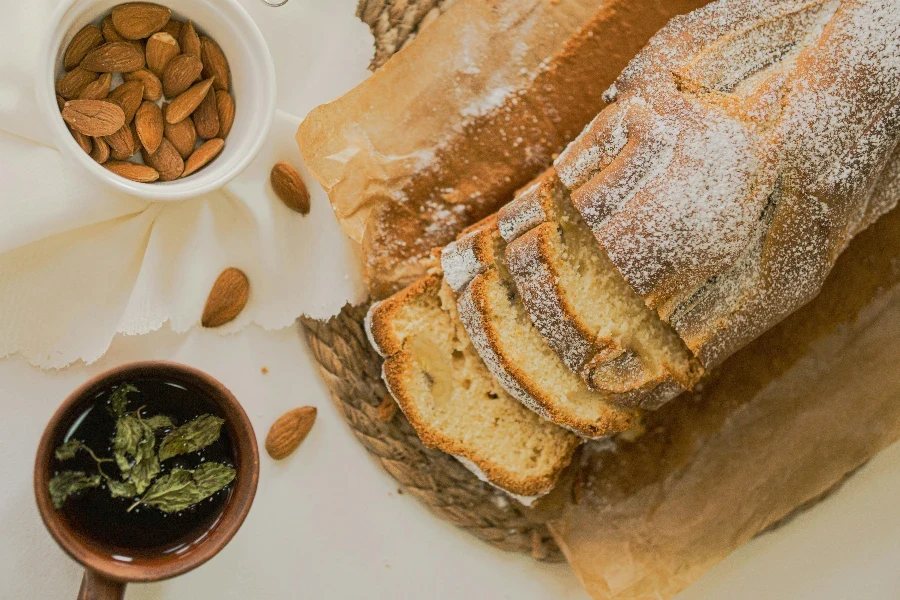
Energy efficiency is a critical consideration for commercial sourdough bread makers, especially in large-scale operations where equipment runs continuously. Energy-efficient models help reduce operational costs and are environmentally friendly. Look for machines with Energy Star ratings or other certifications indicating lower energy consumption. Features like programmable timers and automatic shut-off can also contribute to energy savings by ensuring the machine runs only when necessary.
In addition to energy consumption, consider the overall efficiency of the bread maker. Machines that can handle larger batches in shorter times increase productivity and reduce labor costs. High-efficiency models often come with powerful motors and optimized mixing mechanisms that ensure faster and more consistent dough preparation.
Safety Standards and Certifications
Safety is paramount in any commercial kitchen, and sourdough bread makers are no exception. Ensure that the bread maker you choose complies with relevant safety standards and certifications. Look for certifications like NSF, UL, or CE, indicating that the machine has been tested for safety and performance. Features like emergency stop buttons, safety guards, and thermal overload protection enhance the safety of the equipment.
Additionally, consider the machine’s ergonomic design. Bread makers with user-friendly interfaces and accessible controls reduce the risk of operator errors and injuries. Proper training for staff on the safe operation and maintenance of the bread maker is also crucial for ensuring a safe working environment.
Packaging and Delivery
When purchasing a sourdough bread maker, consider the packaging and delivery options. Ensure that the machine is well-packaged to prevent damage during transit. Reputable suppliers often provide detailed information on their packaging standards and offer tracking options for delivery. Some suppliers also offer installation services, which can be beneficial, especially for large or complex machines.
Check the warranty and return policies as well. A comprehensive warranty provides peace of mind and protection against potential defects or issues. Ensure that the supplier offers reliable customer support and after-sales services to assist with any problems that may arise after the purchase.
Final Thoughts
Selecting the right sourdough bread maker involves careful consideration of various factors, including performance, build quality, ease of use, technological features, price, energy efficiency, safety standards, and packaging. By evaluating these elements and aligning them with your specific needs and budget, you can make an informed decision that enhances your bakery’s productivity and product quality.
